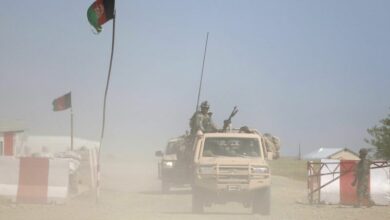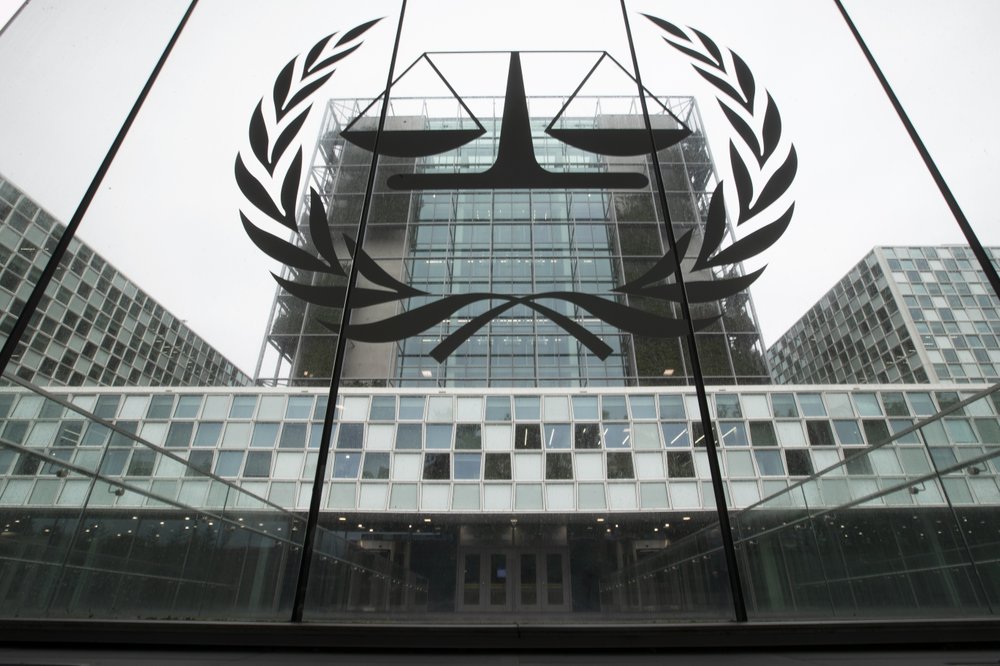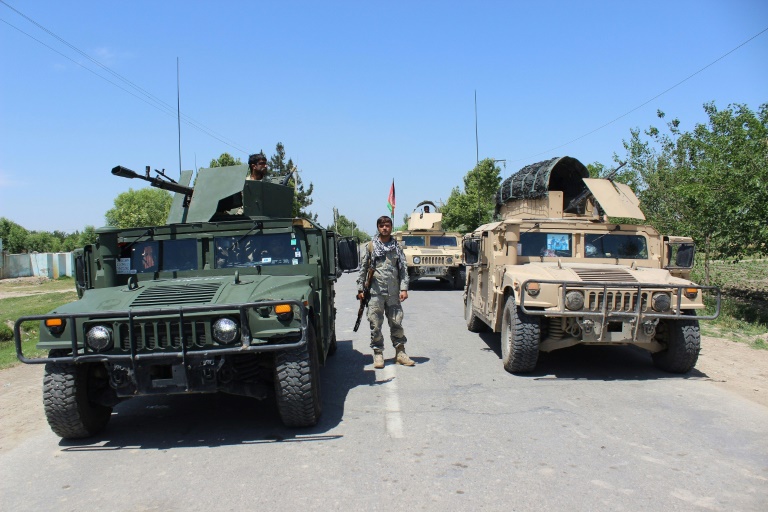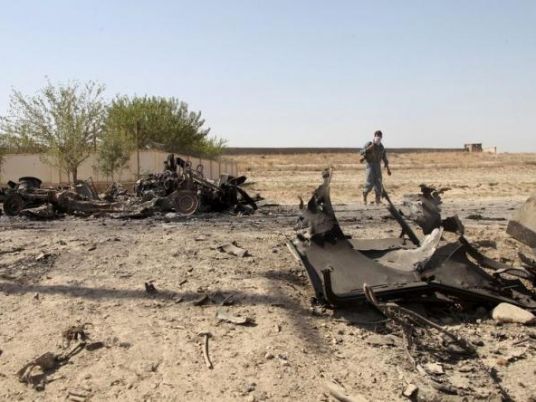
Bullet-ridden bunkers and signposts shredded by rockets bear witness to dozens of Taliban attacks this month on police posts around Kunduz, the northern Afghan city that fell briefly in September in the insurgents' biggest victory to date.
Unlike that short yet humiliating blow to Afghan security forces and the NATO troops deployed to support them, this time the main checkpoints held firm, in a sign that some lessons of the recent past have been learned.
"Last year the army didn't do anything and Taliban infiltration into the city took us by surprise," said police major Abdul Wahab. Now, he said, the army, police and Afghan intelligence were working closely together.
While his comments reflect recriminations that flew between different branches of Afghanistan's fledgling security forces immediately after the fall of Kunduz, the fact that police and soldiers are coordinating closely is a significant shift.
Reinforcements of regular Afghan soldiers and commandos have been sent to the area, an acknowledgement by the government in Kabul that holding on to the city should be a priority.
As part of a new strategy to go after the enemy rather than wait for militants to strike first, Afghan army commandos have carried out at least 10 operations against them around the city since mid-March, and more are planned.
"Last year Afghan forces learned that sitting back and being defensive is not working," said US Army Colonel Paul Kreis, top NATO adviser to acting Defense Minister Masoom Stanekzai.
"This time they are being more maneuverable, more on the offensive," he told Reuters on a recent visit to the city.
Taliban fighters bent on overthrowing the government still surround much of the city and say they have delayed an all-out assault in order to minimize civilian casualties.
But Afghan commanders believe the changes introduced mean their forces are better placed to defend Kunduz and other cities targeted by insurgents, who have grown stronger over the last 16 months since NATO's main combat mission ended.
Stanekzai said battlefield successes in recent weeks had helped restore residents' confidence in local forces, after panic set in last year causing thousands to flee.
"Last time people were not sure if the government could defeat the Taliban," he told Reuters in Kunduz. "This time I see more confidence. We took the fight to the insurgents."
Tahir Zarang, a local official with the World Food Program, is one of those who agree.
"Before this attack [in April] we were all worried that the city could fall again," he said. "But this showed that the Taliban have lost some of their power."
For how long?
Wahab, the police major, tempers his enthusiasm with a note of caution.
"We are not able to hold the city by ourselves," he said. "If the army doesn't clear the whole area, then the Taliban will come back."
That raises the question of how long Kabul can sustain reinforcements in Kunduz at current levels while troops in the south of the country are struggling to keep the Taliban at bay in the militants' traditional stronghold.
Since NATO wound down its Afghan combat operation at the end of 2014 only a fraction of the force remains, and that is set to shrink further as the United States considers cutting its troop numbers to 5,500 by next year from 9,800 now.
That would effectively put an end to the train-and-assist mission that has focused on helping Afghan forces to prevent the country descending into all-out war.
The fall of Kunduz, if only for a few days, was a symbolic triumph for the Taliban, who have just launched a spring offensive and claimed responsibility for a major attack in Kabul that killed 64 people.
The Taliban say they stalled their Kunduz assault this month, because they had captured four "important points" outside the city and wanted to avoid harming civilians.
"Local residents are now gradually leaving for safer places and the moment our fighters get approval from central leadership, they will start [the] advance," said the group's main spokesman Zabihullah Mujahid.
Uncertainty over which side has the upper hand lingers in the streets of Kunduz, where memories of last year's deadly rout are fresh. Nearly 300 civilians were killed in the main fighting, according to the most conservative estimates.
"This is not how normal life should be," said Jawad Azadzoy, whose cousin was wounded when a makeshift bomb went off outside his shop in downtown Kunduz on Monday.
"Life has not been normal for a long time."
Masoom Baha, a senior doctor at the city's public hospital, said medical staff were barely able to keep up with casualties of the fighting, mainly from rockets and artillery fire.
Adding to the strain on emergency services, a US air strike in Kunduz on October 3 killed 42 people and destroyed a hospital run by Medecins Sans Frontieres, in what the US military has since called a "tragic mistake".
Infiltrations thwarted?
To prevent the city from falling again, Afghan troops have tried to secure main roads leading into Kunduz, including Highway Three to the east, after supply lines were cut during the 2015 siege, slowing efforts to regain control.
Taliban fighters maintain strongholds close to the thoroughfares, however, and during recent skirmishes, some police checkpoints on Highway Three were overrun.
In the early hours of Wednesday, Afghan forces backed by coalition aircraft conducted raids on a district to the southwest of the city, witnesses said.
Both provincial police chief Mohammad Qasim Jangalbagh and Afghan Local Police commander Dawood, who like many Afghans goes by one name, agree that communication and mutual support between security agencies had improved.
That has helped intelligence officers identify enemy infiltrators in the city, whose presence in late 2015 contributed to the sudden collapse of police and army positions.
Officials also announced the capture on Sunday night by Afghan special forces of Qari Salim, a senior commander of local Taliban units and a shadow governor in Kunduz province.
Twenty minutes' drive from the city, in an area still under Taliban control, residents are waiting for signs of progress. One man, who asked not to be named for fear of reprisals, said locals were too afraid to venture out after dark.
"When the two sides fight, it is the common people who lose."




